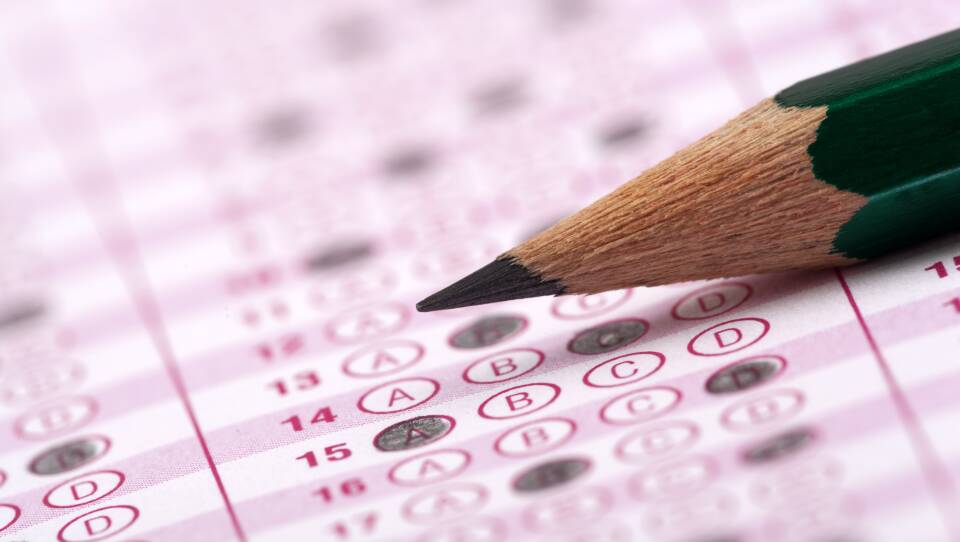The Massachusetts Teachers Association is backing legislation that would drop the requirement students pass the state’s standardized test, the Massachusetts Comprehensive Assessment System, in order to graduate.
The bill , whose lead sponsors are Sen. Jo Comerford and Rep. Jim Hawkins, calls for the development of multiple pathways for students to demonstrate they have mastered the skills necessary to graduate.
MTA President Merrie Najimy said the current system negatively impacts students of color, English learners and special education students.
“It’s time to look at the future where we eliminate the high-stakes nature of MCAS, create a holistic framework to measure all of the things that we value about our schools,” she said. “Only one of them is student performance.”
Massachusetts is one of only 11 states with a graduation requirement tied to standardized tests, Najimy said.
“The most important and immediate thing that we have to do is lift the graduation requirement,” she said. “It’s always served as a gatekeeper for our students of color, it perpetuates the school-to-prison pipeline.”
The legislation also calls for a grant program to help communities build their own district-based evaluation models.
In a statement, Comerford pointed out that the MCAS doesn’t have to be a hurdle for graduation in order to comply with federal law.
“While Massachusetts must administer a standardized student assessment per federal law, that assessment does not need to be a prerequisite for graduation,” he said. “Right now, in the Commonwealth, a single test can derail a young person’s future. A minority of states hold to this same rigid, punitive practice, with more and more states transitioning every year to a more nuanced set of graduation metrics. For the sake of generations of students, Massachusetts should join them.”
Hawkins, a retried Attleboro educator, said in a statement that coming up with an alternative to the MCAS opens up the possiblity of creating projects students get more out of — and enjoy more.
“My experience as an educator tells me that we have many other ways of getting students to show what they know,” he said. “In Attleboro, there is a lot of enthusiasm when educators, administrators and School Committee members collaborate on ways to assess students’ work. We end up with something that is much better than anything developed by someone sitting in a cubicle at Pearson” — a major education publishing and testing company.
The legislation, and others dealing with education, are scheduled to be the subject of public testimony at a
hearing
before the Legislature’s Joint Committee on Education Monday at 11 a.m.






